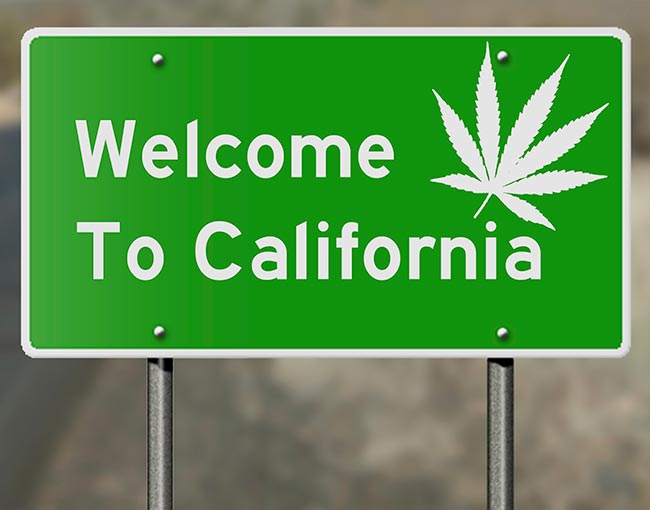What’s an employer to do when faced with employees using marijuana in or out of the workplace? How should employers respond to employees who use or possess marijuana legally under California law? How does such use or possession affect termination, disability and drug testing issues?
As of October 2015, 23 states, including California and the District of Columbia, have legalized marijuana for medical use and four states have legalized marijuana for recreational use. See California Health & Safety Code § 11362.5 (the Compassionate Use Act of 1996). Despite state law trends to decriminalize marijuana use and possession, however, marijuana remains a Schedule 1 drug, i.e., a narcotic, under the Federal Controlled Substance Act (21 U.S.C. § 801-971). Possession of marijuana, therefore, even by medical users, is unlawful under Federal law. See 21 U.S.C. §§ 812, 844(a).
To date, California courts, relying on federal law, have upheld the termination of employees using marijuana legally under California law.
In Ross v. Raging Wire Telecommunications, 42 Cal.4th 920, 70 Cal.Rptr.3d 382, 174 P.3d 200 (2008), an employer discharged an employee for failing a drug test. The employee sued for wrongful termination, discrimination and breach of contract, alleging that he had a prescription to use marijuana for chronic back pain under the Compassionate Use Act.
The California Supreme Court upheld the termination, holding that the Compassionate Use Act "does not eliminate marijuana's potential for abuse or the employer's legitimate interest in whether an employee uses the drug." Noting that marijuana remains illegal under federal law, the court stated that employers are not required to accommodate marijuana use, even where the employee uses marijuana at home. Accordingly, the California Supreme Court held that the plaintiff could not state a cause of action under the Fair Employment and Housing Act, Government Code § 12940 (FEHA), based on the employer's refusal to accommodate the employee's use of marijuana for medical purposes or for wrongful termination of employment in violation of public policy.
Similarly, in James v. City of Costa Mesa, 700 F.3d 394 (9th Cir. 2012), the Ninth Circuit Court of Appeals ruled that although medical marijuana use is permissible under California law, it is prohibited by federal law, and, therefore, that medical marijuana users are not entitled to protection from discrimination under the Americans with Disabilities Act.
And, FEHA currently places no duty on an employer to accommodate an employee by authorizing the use of medical marijuana.
Although California allows employers to have zero-tolerance drug policies and to fire employees who fail drug tests, employers must still satisfy state law regarding drug testing of prospective and current employees – employers cannot just randomly perform drug tests on employees. Employers may conduct drug testing only in limited circumstances:
- during pre-employment screening;
- as part of a physical examination;
- under reasonable suspicion;
- during post-accident testing;
- or, in extremely limited circumstances, as part of random testing of employees in a pervasively regulated industry or in position critical to public safety or the protection of life property or national security.
So, what can an employer do in light of the ever-shifting legal landscape on marijuana use:
- Establish a "Drug Free Workplace" policy and post it in the workplace and include in employee handbooks;
- make sure you are in compliance with state and local laws when conducting drug testing; and,
- update job descriptions of safety-sensitive positions to include a "no drug" policy.
John Viola is a partner in Thompson Coburn's Labor and Employment practice group. He can be reached at (310) 282-9407 or jviola@thompsoncoburn.com.
















